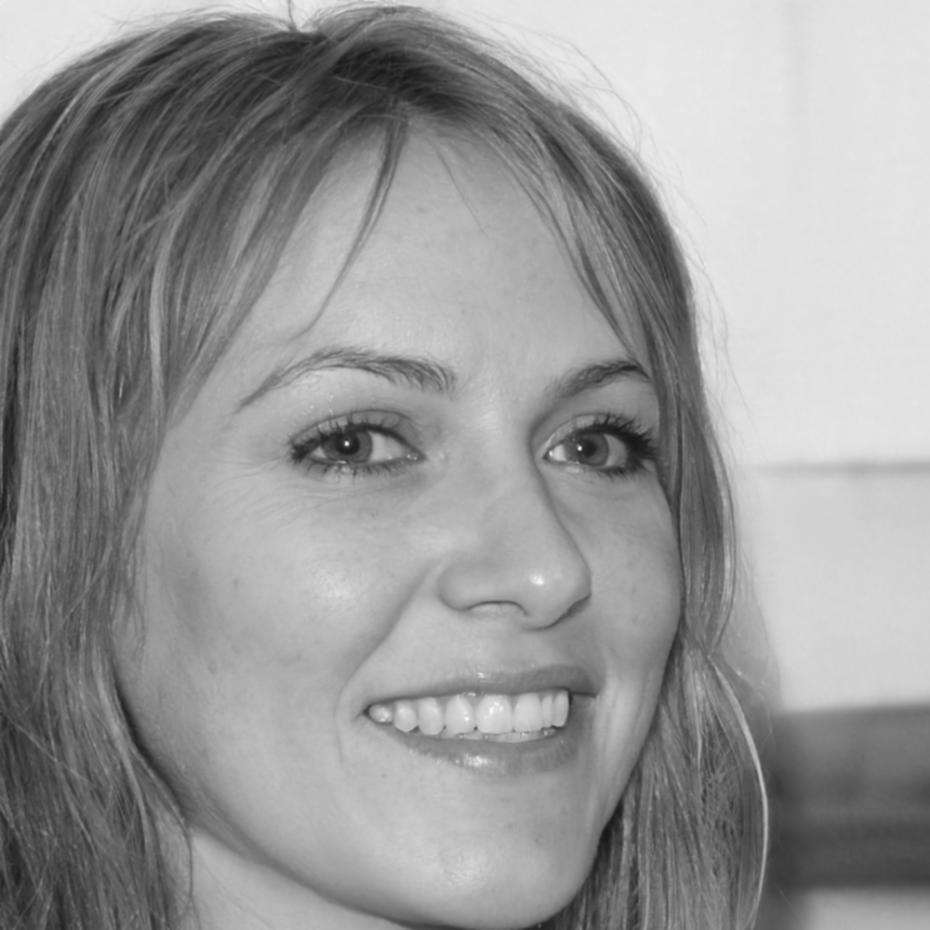How These Courses Actually Work
We're not interested in abstract theory. Each session revolves around real scenarios that mirror what you'd encounter in your own organization.
Start With Real Problems
Every module begins with an actual case study. We walk through what went wrong, why it wasn't caught earlier, and what signals were missed.
Practice Detection Methods
You'll work through exercises designed to spot patterns and anomalies. The goal is building intuition about where risks hide in financial data.
Build Response Frameworks
Once you can identify issues, you need protocols for addressing them. We develop practical response plans you can adapt to your organization's structure.
Apply to Your Context
Each course includes time to work on scenarios from your own business. Bring your questions and we'll help you figure out where your specific vulnerabilities lie.


